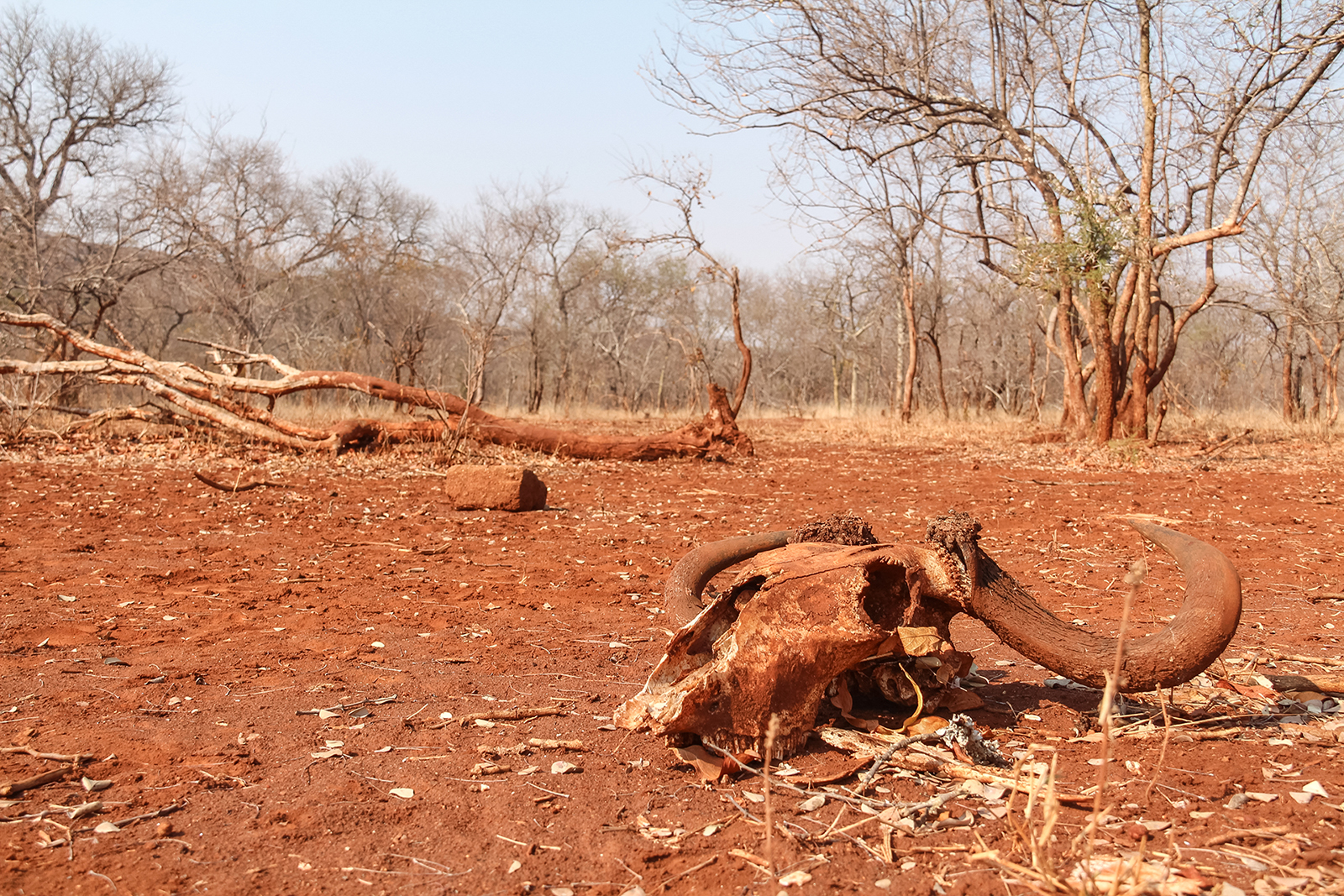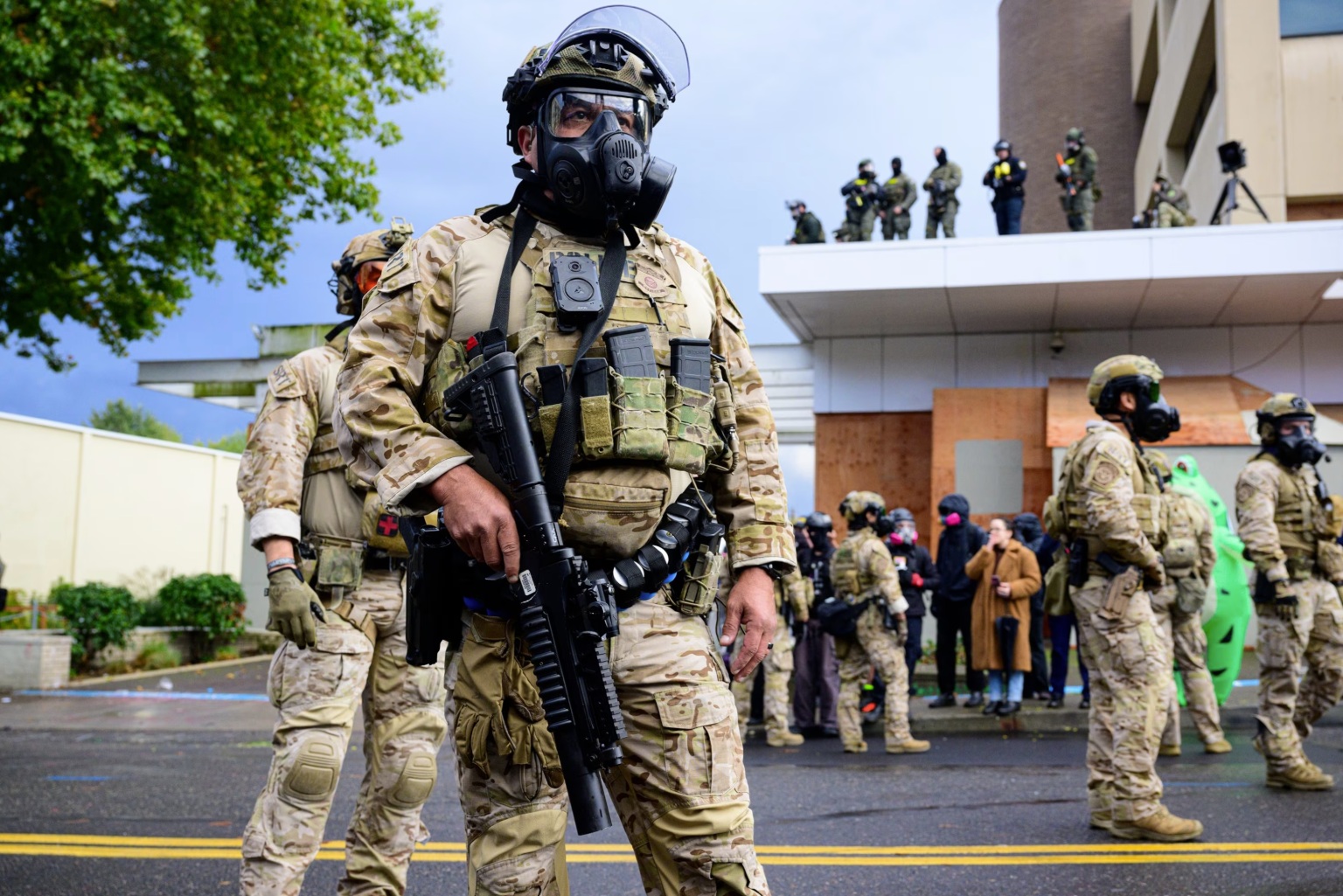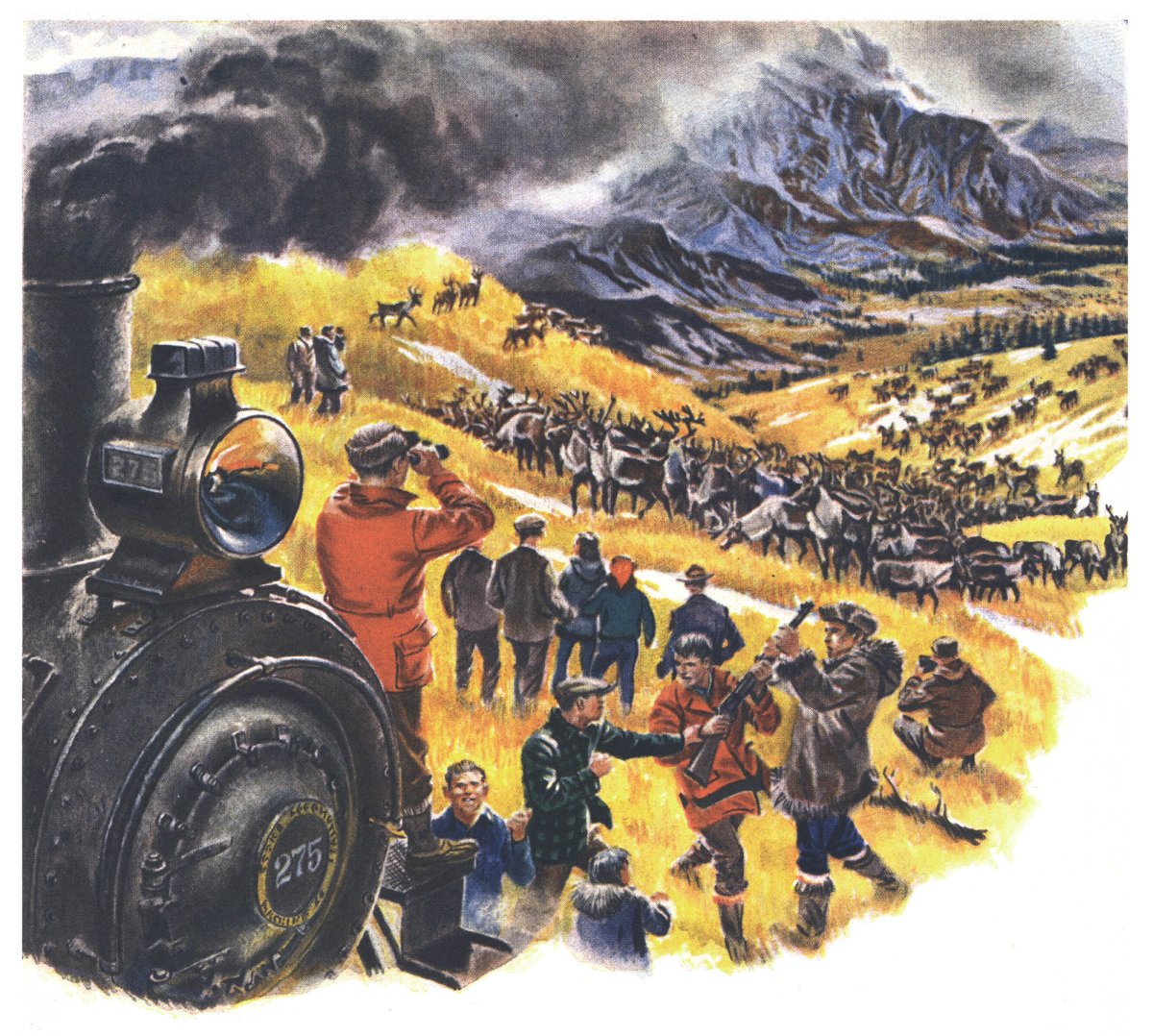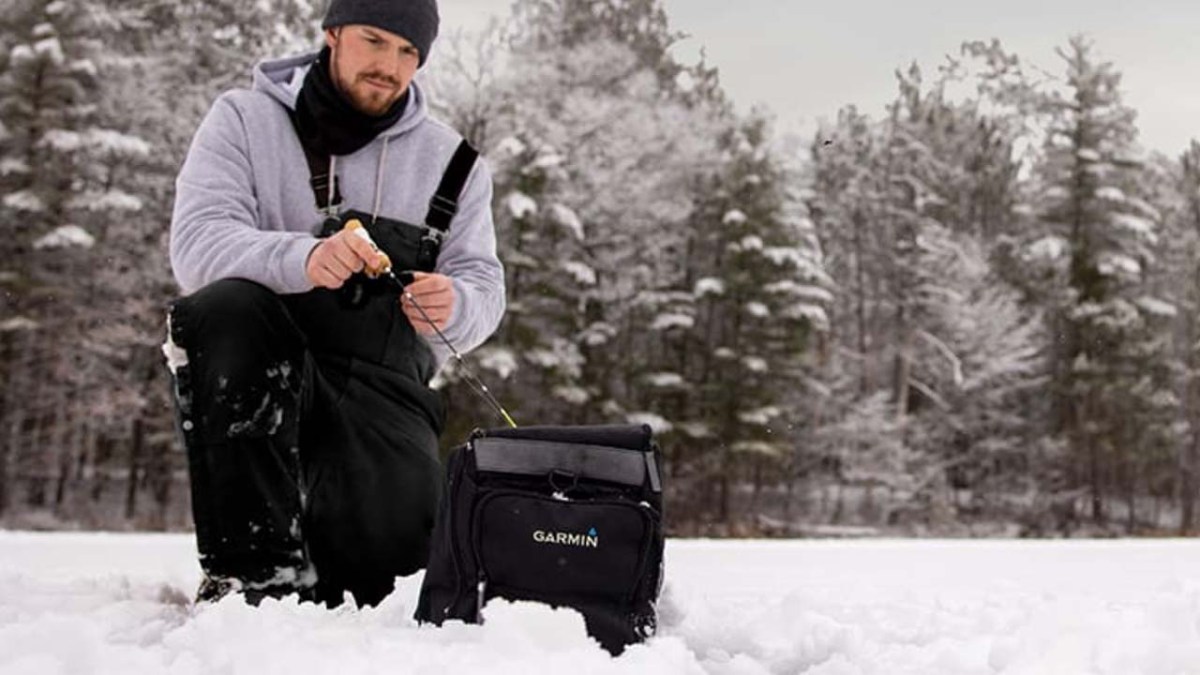My African Safari Nearly Ended in a Shootout

Dawn broke in the rocky hills surrounding the quaint lodge in remote Zimbabwe. Savoring the moment, I dipped crunchy rusks into hot tea. Zebras bellowed in the distance. Doves hooted in the hills. Africa was coming to life.
Suddenly, the calmness was interrupted by a rhythmic pounding of metal on metal. The birds fell silent.
“Let’s grab our gear and head up the hill, sounds like my dad might need help with something,” said Jonathan Collet, owner and professional hunter at the lodge. Collet’s voice was unsettled. And I knew his dad, he wouldn’t interrupt a client’s relaxing morning at the lodge unless it was important.
I’d hunted with Collet a number of times. My wife and I brought our sons here for their first safaris. I knew the PH to be a great man and an exceptional hunter, especially when it came to dangerous game. Little did I know, that this hunt in 2013 would be our last together, at least in this magical place.
We gathered our gear and loaded into the lorry. Collet drove. I sat in back, atop the open high rack with Sequiley, our tracker. Cresting a steep hill, we approached Collet’s water and fuel tanks. Before we got there, Collet slammed on the brakes. I was looking for animals off the road. But Collet was focused on what lay ahead.
He poked his head out the window, “Take your jacket off, place it on the roof, dump all of your shells on to it, load your rifle and if things go south, shoot all you can then take the rig and drive as fast as you can until you get to town.”
It turns out that it wasn’t Collet’s father that we had heard pounding. It was a group of armed men gathered around the fuel tank. Some were standing, some sat in trucks. Others walked about as if on patrol, feet scuffing the hard ground, dust stirring.
How many there were exactly, I don’t know, maybe a dozen. I instantly knew my bolt gun would be no match for the ARs, shotguns, and old rifles they held. The rifles didn’t concern me as much as the shotguns; anyone could do damage with a scattergun.
The men were stealing fuel from Collet, filling up 50 gallon drums that were loaded in their trucks. Collet barked at them in their native tongue. I wasn’t sure what he said, but his tone was intense.
The men were from a nearby village and had recently begun squatting on Collet’s property, including his vast hunting concession.
Collet had been obliging them during the past few months. He even helped supply them with water to grow crops. He let them use resources on his land to build huts to live in. He supplied them with meat from occasional cull hunts. One giraffe can feed a lot of mouths. The relationship seemed stable; people were content. Collet could carry on with the life he’d carved out.
However, the political state of Zimbabwe was not stable. Many indigenous peoples were reclaiming land that they felt had been taken from them. Authorities did nothing. In a brief few months, things quickly turned.
To understand this tension, you must first understand the basic history of the region. In the late 1880s Cecil Rhodes and the British South African Company (BSAC) introduced white settlers to what was then, Southern Rhodesia. By 1896 the BSAC granted 16 million acres—about one sixth the area—to European immigrants. By 1913 the land allotment extended to 21.5 million acres. In 1930 the Southern Rhodesian Land Apportionment Act further segregated land ownership, allocating the most productive areas (just shy of 50 million acres) for white ownership and restricting Africans to less fertile land.
As it turned out, my timing for this safari was horrible. More squatters had moved in. Anxiety on both sides was rapidly escalating. I was glad my family wasn’t with me.
Shooting for Meat
The discussion between Collet and the men grew heated. Collet was unarmed. My rifle lay flat on the roof. A finger on the trigger, safety off, I discretely dialed the scope down to 4x. I felt eerily calm. The thieves stood their ground, holding their weapons but never pointing them at us.
“Our plans just changed,” said Collet as he slid into the truck. We sped away.
Sequiley and I held on. I didn’t look back at the men. I just prayed bullets didn’t start flying. When we got out of sight, Collet stopped and hopped out. A cloud of dust engulfed us.
“They want meat,” Collet said. “After taking fuel they were going to shoot what animals they wanted, but I convinced them to let us do it. Told them you’re a deadly shot, that you’d make head shots so as to not ruin any meat. They’re going to wait for us.”
In his broken English, Sequiley told me “…this not good. These bad men. They angry, very angry.”
Collet sped down a dirt road and shouted to me out the window, “Shoot everything in the head, we don’t have time to track.”
Sequiley pounded on the roof and Collet slowed just enough to keep ahead of the settling dust. Then Sequiley quickly tapped on the roof. Collet stopped. Sequiley pointed. Through a tangle of thorn brush I made out the head of an impala. There was only a tiny window in the brush to thread a bullet, but I made a clean shot. Before I could chamber another round, Sequiley was running. He tossed the impala under our feet and barked, “Go, go, go!”
Minutes later I shot another impala, a young ram. Then a herd of zebra crossed the road. Just inside 100 yards they stopped. I dropped a stallion. A big stallion can tip the scales to 800 pounds. We worked fast, loading it whole with a power winch mounted on the lorry.
“When we get close to those guys I’ll slow down and stop short of them to give you space,” Collet said. “I’ll have them drive to us to load the animals. Have your shells ready and if they start shooting, fire back and don’t stop.”
During the rough ride back to camp I tried to visualize the different scenarios that could unfold. When you have a wife and two children half-way around the world, you suddenly find yourself capable of doing anything to get back to them. But I knew that if things turned violent during this interaction, the odds of survival would not be our favor.
We delivered the two impala and a zebra to the thieves. They demanded more. We circled by the lodge on our way out. Collet inspected the grounds to make sure the men had stayed away and that his staff was safe. I grabbed what ammo I had left, along with my passport and cash. There were no other guests in camp.
We came across another herd of zebra. A head shot dropped one. And as they took off, straight away, a lucky bullet found the back of a mare’s head. We were able to drive to both animals and winch them in. Collet sped back to camp. For now, the thieves were satisfied with the meat we had provided.
The Beginning of the End
After the men left, we drove to town. The next few hours were spent conveying the details of our encounter to the local police. Nothing would be done, but Collet had to document the ordeal anyway. The fact I was there as an American client and first-hand witness, could have carried some clout. Maybe. Collet knew things were only going to get worse.
That afternoon we headed to a corner of Collet’s concession known to hold sable (which was the critter I had wanted to harvest the most). For the next two days we searched for that stately antelope. We didn’t see a single one. We should have seen dozens.
What we did find were numerous snares set by poachers, some of which held dead, rotting game, including animals as big as eland. It was hard for Collet to decipher who had set the snares. Sequiley insisted it was the “bad” guys.
The following morning we headed into some rocky bluffs. It was mountainous with large, rock outcroppings offering ideal places to glass the valleys below. Being winter, the vegetation was leafless.
Now, we were simply looking for any wildlife. Collet hadn’t been to this part of the concession for a few weeks. He was curious to see if any game remained after the poachers had moved through.
We saw a pair of klipspringers in the rocks. A lone cow kudu and a handful of impala walked across the gray earth in the bottom of a draw. Then Sequiley spotted a skinny plume of smoke rising from the backside of a rocky point. It was less than a mile away.
We hiked back to the rig and headed toward the smoke. There were no roads. It took a while. The wisps of smoke were gone by the time we began hiking that direction, but Sequiley had a line on it.
“We must split up,” Johnathan stated. “Scott, you head to that rock up there so you can see the ridge across the way, but stay out of sight and move quietly.” Sequiley stealthed in a straight line toward the fire while Collet circled around the back of the ridge. “They won’t have guns, just spears,” offered Collet. “If you see anyone, whistle, Sequiley will hear you, he’ll track them down from there.”
I sat for more than an hour. It felt like only minutes. I didn’t see or hear a thing.
Sequiley spotted three men and went after them. Collet and I headed to where we’d seen the smoke. A small fire burned, orange flames still aglow. Dried springbok pelts, some spears, and snares were left behind.
Collet knew which direction Sequiley was headed. Rather than follow in the roadless hills, we went back to the lodge. Collet grabbed two more trackers and headed back to help Sequiley. The hope was to head them off. They communicated by radio. I stayed behind.
It was nearly dark before Collet and the trackers returned to the lodge. Two of the poachers got away. One was caught and taken to the police station. Collet spoke with the same officers we’d dealt with a few days prior. Everyone felt the growing hostility in the room. It was then Collet accepted that the police would be no help. It seemed the force was outnumbered and reluctant to turn against their own. Even if they did, it would be like putting a bandaid on a severed leg.
During the next 10 days we had no more run-ins with the poachers. I ended up getting a colossal greater kudu, an animal I never tire of hunting. We also found success on Cape buffalo and a leopard, my first spotted cat. Leopard were thick, and we saw five in the daylight hours.
We also saw more snares set by poachers. The number of squatters on Collet’s property had grew considerably. It had been weeks since he’d been to parts of his vast concession, even some of his private land. Collet thought there were a couple hundred squatters. They now numbered into the thousands.
The Aftermath
Three months after I left, Collet lost his home, lodge and all of his land. The squatters — from cities and distant lands — poured into the region. Many white settlers in the area lost everything. Some were murdered defending their homes. Collet left without a fight, taking a few belongings. If he wanted to live, it was all he could do. Collet’s father and other family members lost their homes and property as well, as did many of their friends.
Read Next: My Hunt for the Man-Eating Lions of Matiyani
I’ve been fortunate to see some special places throughout Africa over the past 32 years, but Collet’s lodge was my favorite. Remote. Quiet. A place where starlit skies and the sounds of wild animals overpowered all senses. It was raw, wild Africa, the way it used to be. Now it’s gone, all of it. The lodge, the huts, the swimming pool that was crafted by hand into giant rocks, and the waterhole it overlooked where every animal imaginable would come to drink.
Collet eventually relocated. He worked in the safari business in another part of Zimbabwe, but more as a handy man than a PH. He knew anything else would pale in comparison to how good he’d had it for so many years, running his own hunting safari business as he wished. He loved the land and the wildlife with a deep passion. What’s truly missed though, is the opportunity to share that special part of the world with fellow hunters.
Read the full article here









